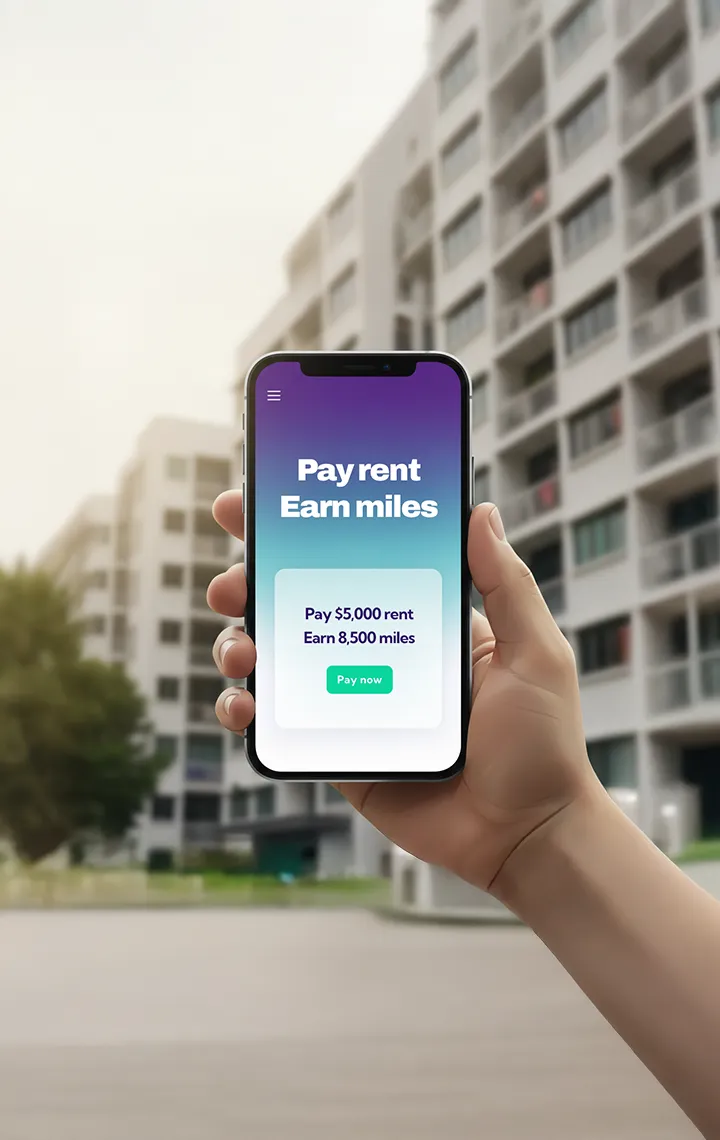If it’s not down on paper — in black and white, and with everyone’s signature on it, then it might as well not exist. Words are dust, and promises are the whispers of ghosts. A handshake, at the end of the day, will only take you so far. I could go on about the futility of a verbal agreement, but I think most of us understand the overall gist. When it comes to contracts and business transactions, you have to have an iron-clad agreement, sealed - if not in blood - in the steel chains of the law. And that’s what residential room rental agreements are, a business transaction. An agreement that serves as a guideline to the relationship you will have with your tenant. That draft and later final verdict are their protection as well as yours. It helps you mitigate risks, and threats, and, well, cut out the shenanigans when they come knocking on your door.
The Importance of a Well-Drafted Room Rental Agreement
A well-drafted room rental agreement is crucial for both landlords and tenants to ensure a smooth tenancy experience. That small piece of paper serves as a legally binding contract that outlines the rights, responsibilities, and expectations of both parties.
They are crucial documents for a few key reasons — each as important and essential as the former.
- Clarity and fairness: It clarifies what they are paying for and what you expect in return. Who's responsible for maintenance and repairs? What’s included in the rent - utilities, parking, etc.? Are there any special requirements for living in that space?
- Dispute resolution: Everyone gets into a fit every now and then, and when these disagreements arise, the rental agreement serves as a reference point — it helps resolve issues amicably without the need to find a third party.
- Protection for tenants: The agreement guarantees tenancy rights — it specifies minimum lease terms, outlines acceptable rent increases, and basically protects a person against a landlord’s lesser demons.
- Protection for landlords: The agreement works both ways; it also protects the other end of the bargain — the landlord and their property. It spells out what tenants are and aren't allowed to do with the property, such as restrictions on pets or modifications. It also outlines the process for handling security deposits and ensures tenants are financially responsible for any damage beyond normal wear and tear.
By clearly documenting the terms of the rental arrangement, disputes and misunderstandings can be minimised, fostering a harmonious living environment. And, in the event of any disagreements or breaches of contract, having a comprehensive agreement can provide a clear framework for resolution.
The Room Rental Market in Singapore
At the core of the whole ordeal is the fact that, as of 2024, the Singapore rental market is on the rise — today’s figures outpace last year's stats, and those outpaced the ones from the year before and so forth. The need for detailed, highly informative, and incredibly fastidious room rental agreements is a must. There are more foreign students coming to the region, more businesses migrating into the zone, and more tourists making it a central hub for their travels around Asia.
Let’s look at some numbers just to understand the gravity of the situation and why room rental agreements, and getting them right, is a necessity for most landlords.
HDB Flats
HDB flats are public housing apartments in Singapore.
- Rental Trends: Rental prices for HDB flats experienced a significant rise in early 2023, with no signs of a slowdown in late 2023.
- Median Rent: The median rent for a 3-room HDB flat ranges from $2,200 to $3,000 per month, with variations based on location.
- Specifics: 4-room HDB flats range from $3,000 to $4,050 per month, with certain areas experiencing rental growth.
Condominiums
Condominiums are another popular housing option in Singapore.
- Rental Trends: Rental condo prices experienced a dip in August 2023 — but by 2024, the market recovered.
- Data Availability: Specific rental statistics for condos may be harder to find publicly, but property portals like PropertyGuru can provide insights.
The rental market is expected to grow in 2024 due to the completion of new BTO flats, potentially leading to more competitive pricing for renters — also, due to the influx of foreign students, with over 10% more university and school sign-ins than the year before, flats and rooms will be in demand.
FAQ — Room Rental Agreements
What is a Room Rental Agreement?
A room rental agreement is a legally binding contract between a landlord and a tenant, outlining the terms and conditions of renting a specific room within a property.
These types of agreements have been used since sapiens decided that “this piece of land is mine… PS, the dog bites.” They were there the very first minute someone went and set up a shop on real estate that was not theirs to begin with.
What’s the Difference Between Room Rental Agreements and Other Types of Rental Contracts?
The name more or less says it all. A room rental agreement specifically pertains to the renting of individual rooms within a property — other rental contracts, more traditional ones, may cover the entire property or specific units within it.
What Should a Room Rental Agreement Have?
Let’s create a room rental agreement checklist — the things you simply must have on your contract in order to cover your bases.
H4: Identification of Parties
Clearly identify the landlords and tenants involved in the agreement — if possible, how many will be in the room or flat as permanent residents.
Description of the Rental Property
Specify the rented room and any shared areas included in the rental — the square meters, how many rooms, private bathrooms or shared bathrooms, parking spaces, use of the kitchen, etc.
Term of the Lease
Define the start date, end date, and any renewal options for the lease.
Financial Terms
Outline rent amount, payment schedule, and any additional fees or deposits required — if possible, add late payment penalties.
Rights and Responsibilities
Detail the rights and responsibilities of both the landlord and tenant — this includes but is not limited to maintenance duties and use of common areas.
Termination and Renewal Clauses
Include clauses addressing termination conditions and renewal options for the lease.
Insurance
Although not a necessity, some landlords include the demand that the tenant take out insurance on the property — one that covers water and fire damage.
Special Clauses
Outline anything that comes to mind including:
- Security deposits.
- If pets are allowed and what type.
- Smoking — whether it’s permitted or not.
- Guest policies — outline limitations and the number of guests if applied.
- Internet access — if access is included and speed/data limitations.
- Access clause — specify how much notice you as the landlord have to give the tenant before entering the room - usually 24 hours - and under what circumstances. Also, specify that you can enter the room in case of an emergency and detail what one might be.
- Utilities — clarify if they are included and mention acreage costs and how the said cost is split amongst the tenants.
- Security deposit — specify amounts, conditions for its return, and timeframe for returning the deposit after the tenancy ends.
Legal Requirements – Clauses for Room rentals in Singapore
- Occupancy Limits: The Urban Redevelopment Authority - URA - restricts the total number of occupants in a residential unit, including the owner, to a maximum of 8 people.
- Minimum Living Space: Each occupant must have a minimum of 10 sqm of usable space.
- HDB Regulations: If you're renting out a room in an HDB flat, there are additional regulations. HDB requires written approval for subletting from the HDB officer. Include a clause stating the tenant will obtain this approval before subletting the room.
Dispute Resolution
Establish a process for resolving disputes between the landlord and tenant, such as mediation or arbitration.
Rewrites — Blueprints are Cheaper than Rebuilding
One of my favourite TV shows is Grand Designs. I remember this grand episode where something the presenter, Kevin McCloud, said really became imprinted in my head. He was telling one of the ambitious self-builders that his number one tip, when it comes to construction and designing, is to draw out a plan. And rewrite it. Over and over again. Because “paper and pen are cheap, they won’t cost you anything. And you can edit a blueprint for next to nothing. But editing a project, already in the making, might end up bankrupting you.” This is Business 101 — always get everything on paper. A comprehensive room rental agreement is essential for establishing clear expectations and boundaries between landlords and tenants. Because realising, midway through your business arrangement that you’ve made a blunder might end up costing you an arm and a leg.














